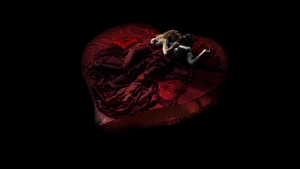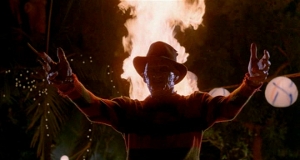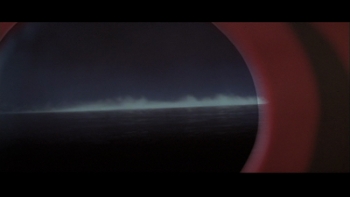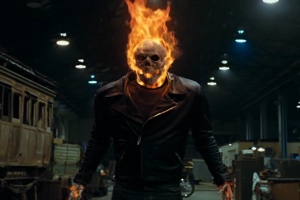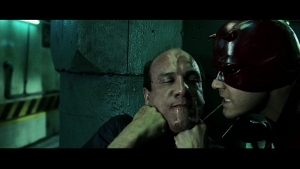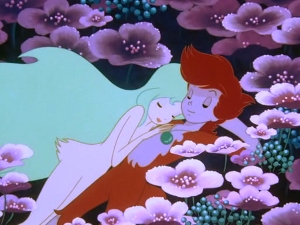
Forget Akira. Forget Ghost in the Shell. Forget Evangelion, Gundam and GTO. Forget all the titles otaku mention when they grip you by the lapels and insist “You have to see this!” This was my introduction to anime and I found it in the same place I found everything else: my long-vanished, small town video store. And like many a film that traumatized me in early childhood, I’d managed to almost completely forget about Sea Prince and the Fire Child.
Then little over a month ago my best friend’s wife and I got to talking about movies that traumatized us as children. Despite growing up half a continent away, both of us managed to find this film at exactly the same time. As usual, she remembered, I repressed, with the repression manifesting itself as an irrational hatred of The Little Mermaid I could never really explain…until now. Continue reading Sea Prince and the Fire Child (1981)

 Michael Bay has survived every epithet in the Movie Critic’s Mean Word Handbook. We’ve called him a “hack” and a “bullshit artist.” We’ve called him “the Devil,” “the Antichrist,” and even honored him with the title “American Uwe Boll.” All of these characterizations are false, missing the quintessence of Bay. In their rush to (rightly) condemn the man’s aesthetic failings, critics have miss the essential and obvious point: Like a great many evil things, Bay is first and foremost a creature of the late 1990s, an artistic distillation of that time, with all the glory and the horror that implies.
Michael Bay has survived every epithet in the Movie Critic’s Mean Word Handbook. We’ve called him a “hack” and a “bullshit artist.” We’ve called him “the Devil,” “the Antichrist,” and even honored him with the title “American Uwe Boll.” All of these characterizations are false, missing the quintessence of Bay. In their rush to (rightly) condemn the man’s aesthetic failings, critics have miss the essential and obvious point: Like a great many evil things, Bay is first and foremost a creature of the late 1990s, an artistic distillation of that time, with all the glory and the horror that implies. 

